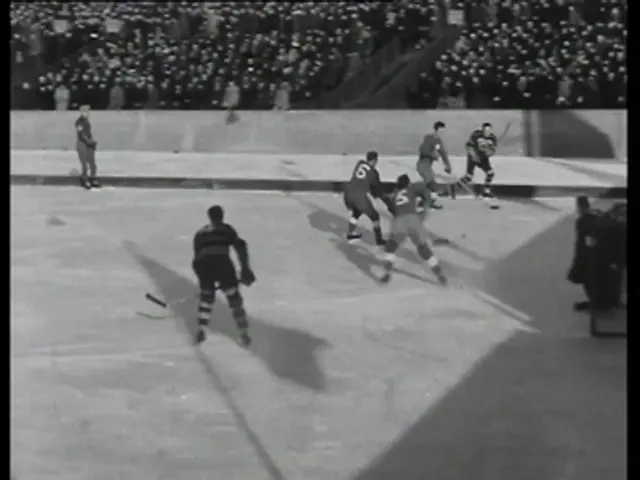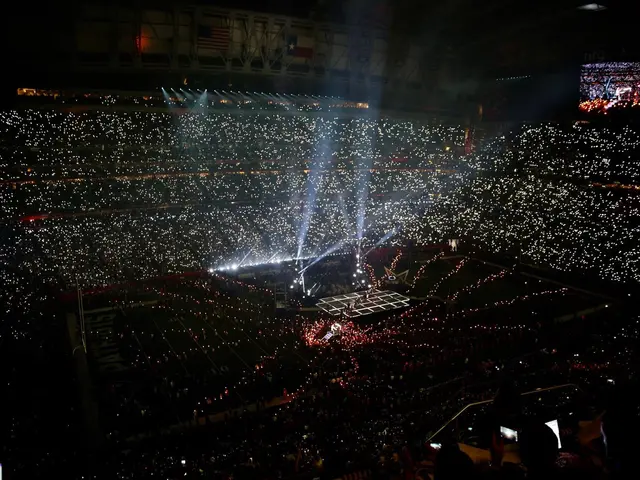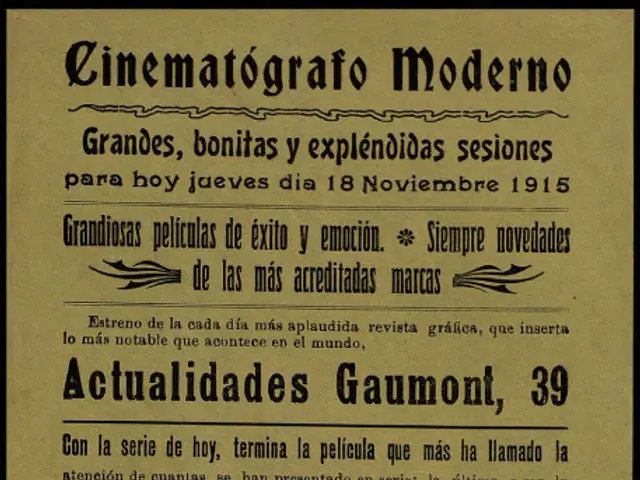Tune's silenced; the melody has vanished.
In a groundbreaking event, the House of Culture "GES-2" hosted the world premiere of a new version of Anton Bruckner's Ninth Symphony. This performance, part of the new concert cycle "Music Beyond Itself", marked a departure from tradition, choosing a fantastical strategy of recomposition-interpretation over restoration.
The performance, led by conductor Fedor Lednev and the "Attraction" creative union, brought Bruckner's Ninth Symphony to life in a way that echoed the music of the 21st century. The chamber version, created by Boris Filanovsky, was an unprecedented reimagining of the symphony, with a new finale written by Filanovsky standing as a separate concert piece.
The concert was a gathering of musical rarities, featuring ironic and authentic pieces that provided a unique listening experience. Emmanuel Chabrier's piece, an ardent caricature of Wagner's music in the rhythm of a quadrille, added a playful touch to the programme.
A highlight of the evening was the performance of Dmitri Shostakovich's "Anti-Formalist Rayok", a secret mini-opera based on Stalinist plenums and decrees, never performed during the author's lifetime and rarely afterwards. The performance by bass Harry Agadjanyan gave "Rayok" a new, exemplary icy coldness of true proximity to the past.
The concert season at GES-2 also included a performance of Johannes Brahms' four-hand piano pieces "Memory of Russia", featuring Russian and Bohemian melodies. Sergei Kasprov and Ekaterina Derzhavina, in their piano duo, portrayed a young Brahms and the heiress of Clara Wieck, respectively.
The cycle will continue with observations of music going out of control and into a rage, or engaging in dialogue with the past and future. Future performances are expected to feature the likes of Stravinsky, Boulez, "Battleship Potemkin" by Eisenstein, and laureates of the "Russian Music 2.0" program.
Anton Bruckner, known as a follower of Richard Wagner, a mentor to Gustav Mahler, and a rural teacher and church organist, became a professional composer at the age of 40. His Ninth Symphony, left incomplete, has been performed in a three-movement version since 1903, with a substantial reconstruction of the finale presented in the 1980s.
In a surprising turn of events, Arnold Schoenberg's "Three Satires" were performed, annihilating his opponent Igor Stravinsky in a choral manifesto. This bold move added another layer of intrigue to an already captivating evening of music.
Yaroslav Timofeev's commentary to the program sounded like an additional voice in the ensemble, providing insight and context to the diverse and thought-provoking programme. The first concert of the "Music Beyond Itself" cycle was indeed a memorable event, setting the stage for future innovative performances.








